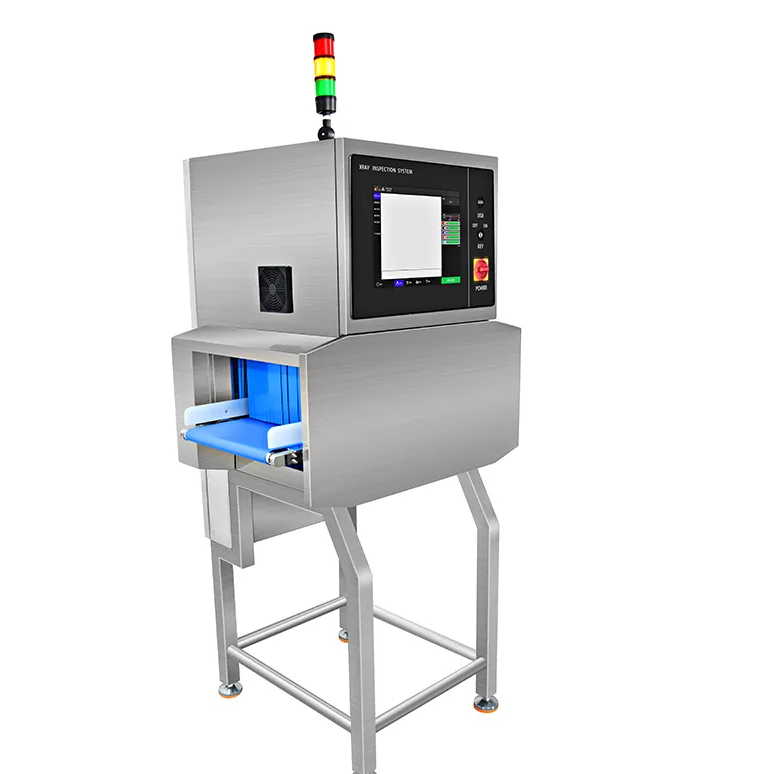
Bizning shifoxonamizda mavjud bo'lgan rentgen apparati eng yuqori sifatga ega bo'lib, aniq va ishonchli tasvirlarni talqin qilish imkonini beradi, shuning uchun uning ishlatilishi sog'liqni saqlash markazlarida ayniqsa zarurdir. Ushbu maxsus apparat yuqori darajadagi tasvirlash texnologiyasidan foydalanadi, bu esa ichki organlarga tegishli aniq suratlarni olishga olib keladi va bemor uchun radiatsiya ta'sirini minimallashtiradi.
Ushbu apparatning ishlashi uchun intuitiv interfeysi mavjud bo'lib, bu sog'liqni saqlash mutaxassislariga uskunani samarali boshqarishda yordam beradi, shuningdek, apparatning ergonomik dizayni bemorlarni boshqarishda samarali foydalanish va qulaylikni ta'minlaydi. Bunday samarali tasvirlash jarayonlari tufayli sog'liqni saqlash ta'minotchilari tasvirlarni ko'rib chiqishga vaqt sarflamaydi, shuning uchun tezkor tashxis va davolash qarorlari qabul qilinishi mumkin.
Mustahkamlik va kichik o'lcham dizayni kabi xususiyatlar kombinatsiyasiga ega bo'lgan ushbu rentgen apparati turli joylarda, operatsion xonada, jarrohlik teatrida, ambulatoriya muassasasida yoki diagnostik tasvirlash markazlarida qulay va to'g'ri ishlatilishi mumkin. Uning bir nechta qo'llanilishi va eng yuqori sifatli ishlashi uni suyak, ko'krak va stomatologik rentgen tasvirlashda o'rnatilgan o'rniga olib keladi. Zamonaviy funksional konfiguratsiyalar ushbu rentgen qurilmasiga kiritilgan bo'lib, bu bemorlarga ko'rsatilayotgan xizmat sifatini oshirish va diagnostik xizmatlarni yaxshilashda muhim vosita hisoblanadi.
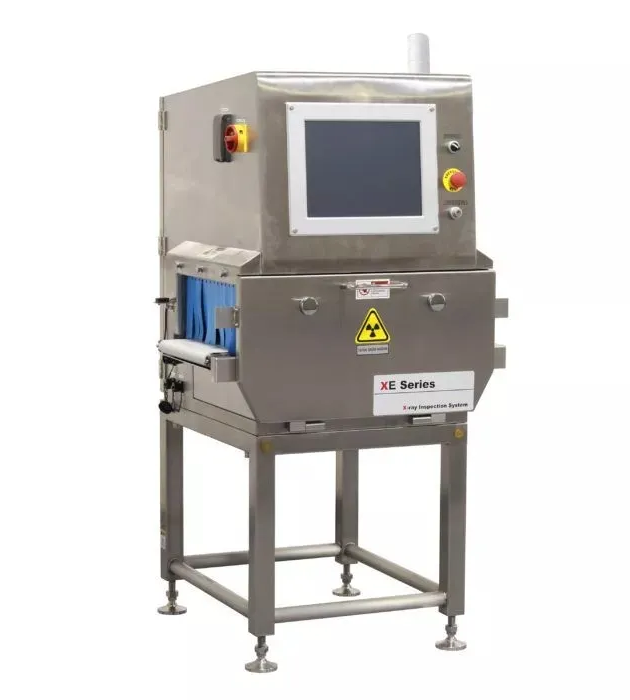
Rentgen mashinasi tibbiyot xodimlari uchun muhim vositaga aylandi, chunki u turli xil kasalliklarni aniqlashni osonlashtiradi Tibbiyotda ishlatiladigan buzuq boʻlmagan tasvirlash usullari orasida inson tanasining ichki tuzilishini tasvirlash, bu esa shifokorlarning tashxis qoʻyish va davolashni rejalashtirish ishlarini yanada tizimli qiladi. Ularning ahamiyati fav
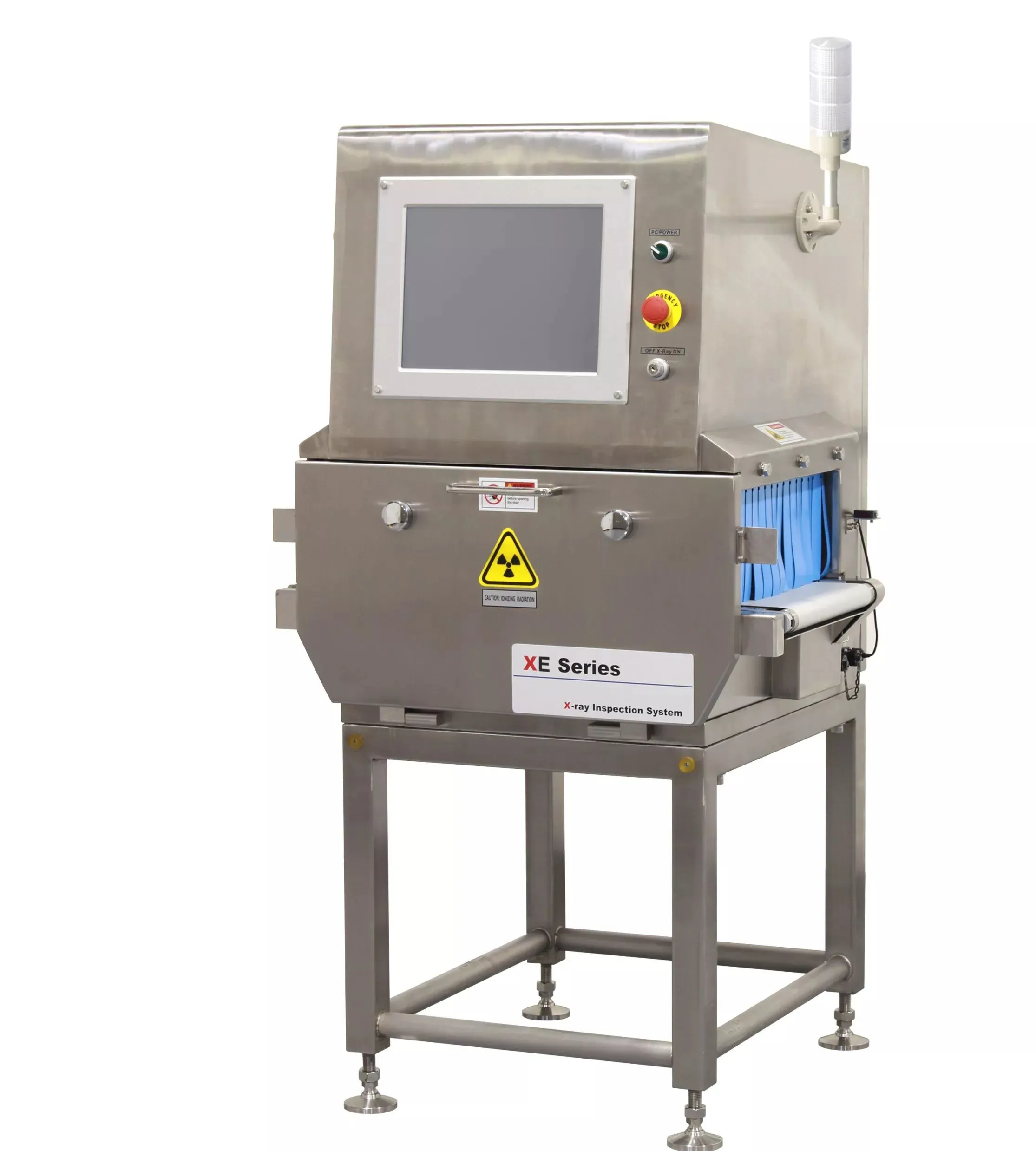
Rentgen mashinasi yuqori energiyali nurlanishning kichik miqdorlarini tartibga solingan chastota bilan ishlab chiqaradi, ular tasvir hosil qilish uchun yozuv qurilmasiga yoziladi. Farqi bu to'qimalarning qanchalik chuqurligi va unda nurlanish qancha tarqalishi bilan bog'liq. Bu aniq va batafsil tasvirlarni hosil qiladi. Radiatsiyani yaxshi singdiradigan qalin, suyakli tuzilmalar rasmda oq koʻrinadi, ammo yumshoq toʻqimalar sovuq yoki qora rangda koʻrinishi mumkin, chunki ular juda koʻp radiatsiyani singdirmaydi. Bu tekshiruv usuli invaziv boʻlmaganligi sababli, u jarrohlik muolajalariga muqobil boʻlib, anatomiyaning baʼzi qismlarini koʻrinishga keltirib chiqaradi.
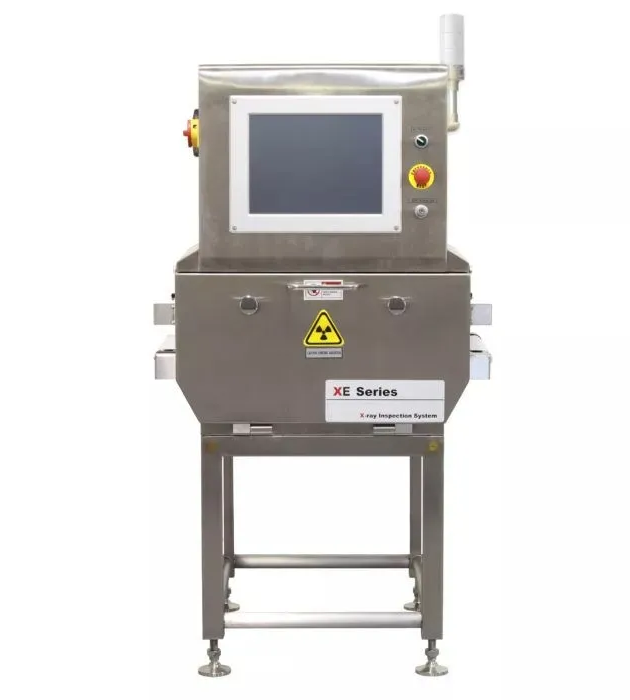
Vaqt o'tishi bilan rentgen mashinalari og'ir va og'ir mobil rentgen tizimlaridan engil raqamli tizimlarga o'tishdi. Dastlabki mashinalar uzoq vaqtli ekspozitsiyaga ega bo'lib, o'rtacha sifatli tasvirlarni hosil qilishgan, ammo zamonaviy rentgen tizimlari juda batafsil tasvirlarni yaratish uchun
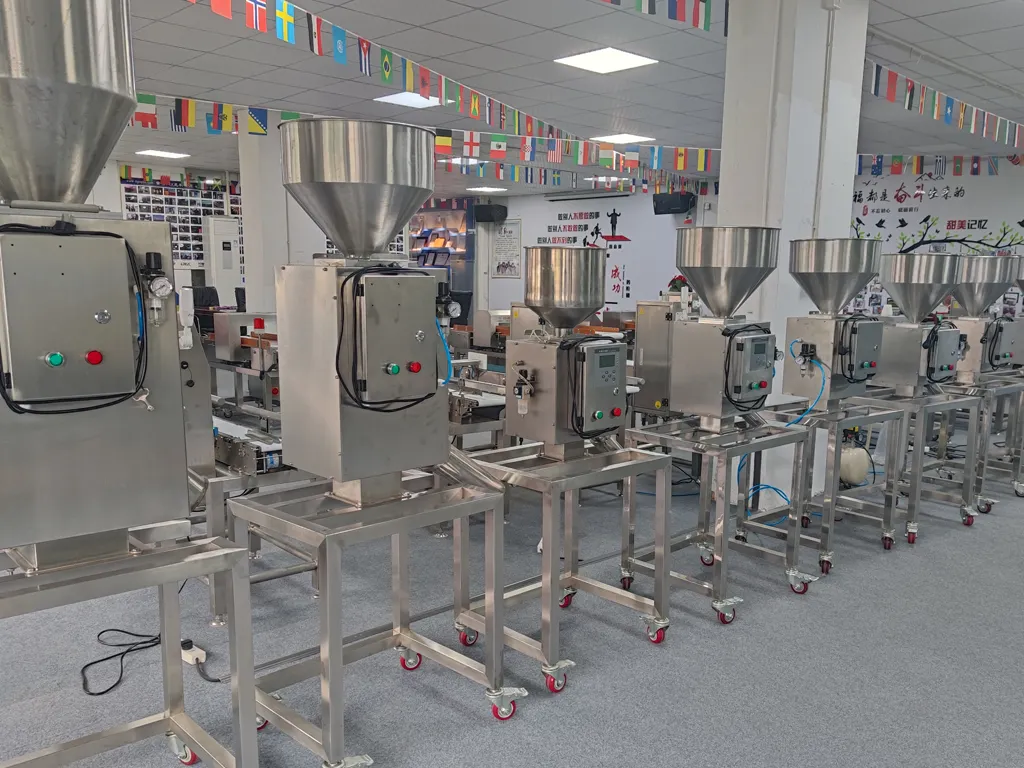
Guangdong Yiwan Testing Technology Co., Ltd. Dongguan shahrida joylashgan va strategik tranport imkoniyatlariga ega. Mahsulot dizayni, iqtidorli ta'limotlar, sotuv va xizmat ko'rsatishni birlashtirgan umumiy korxona sifatida, biz metall ajratuvchilar, og'irlikni tekshiruvchi uskunalar, ovqat metall aniqlagichlari, ro'lajak tartiblovchilar va og'irlik bo'yicha tartiblovchi mashinalar ishlab chiqarish va sotish sohasida mutaxassismiz.
Ignalar detektori mato mahsulotlarida singan yoki yo'qolgan ignalarni aniqlash uchun ishlatiladi, xavfsizlik va sifat nazoratini ta'minlaydi. Bu odatda kiyim va o'yinchoq ishlab chiqarish sanoatlarida ishlatiladi, ayniqsa bolalar mahsulotlarida har qanday xavfli metall bo'laklar iste'molchilarga yetib borishini oldini olish uchun.
Ignal detektori magnit sensorlaridan foydalanib, mahsulotlarda, masalan, singan ignalar kabi temir metallarning mavjudligini aniqlaydi. Metall ob'ekti mashinadan o'tganda, bu signalni ishga tushiradi, bu esa operatorlarga mahsulot ishlab chiqarishda oldinga siljishidan oldin ob'ektni olib tashlash imkonini beradi.
Ignal detektorlari kiyim ishlab chiqarish, o'yinchoq ishlab chiqarish va oziq-ovqat qayta ishlash kabi sohalarda muhimdir. Ular tugallangan mahsulotlarda, ayniqsa bolalar yoki nozik iste'molchilar uchun mo'ljallangan mahsulotlarda har qanday metall ifloslanishini aniqlash orqali xavfsizlikni ta'minlashga yordam beradi.
